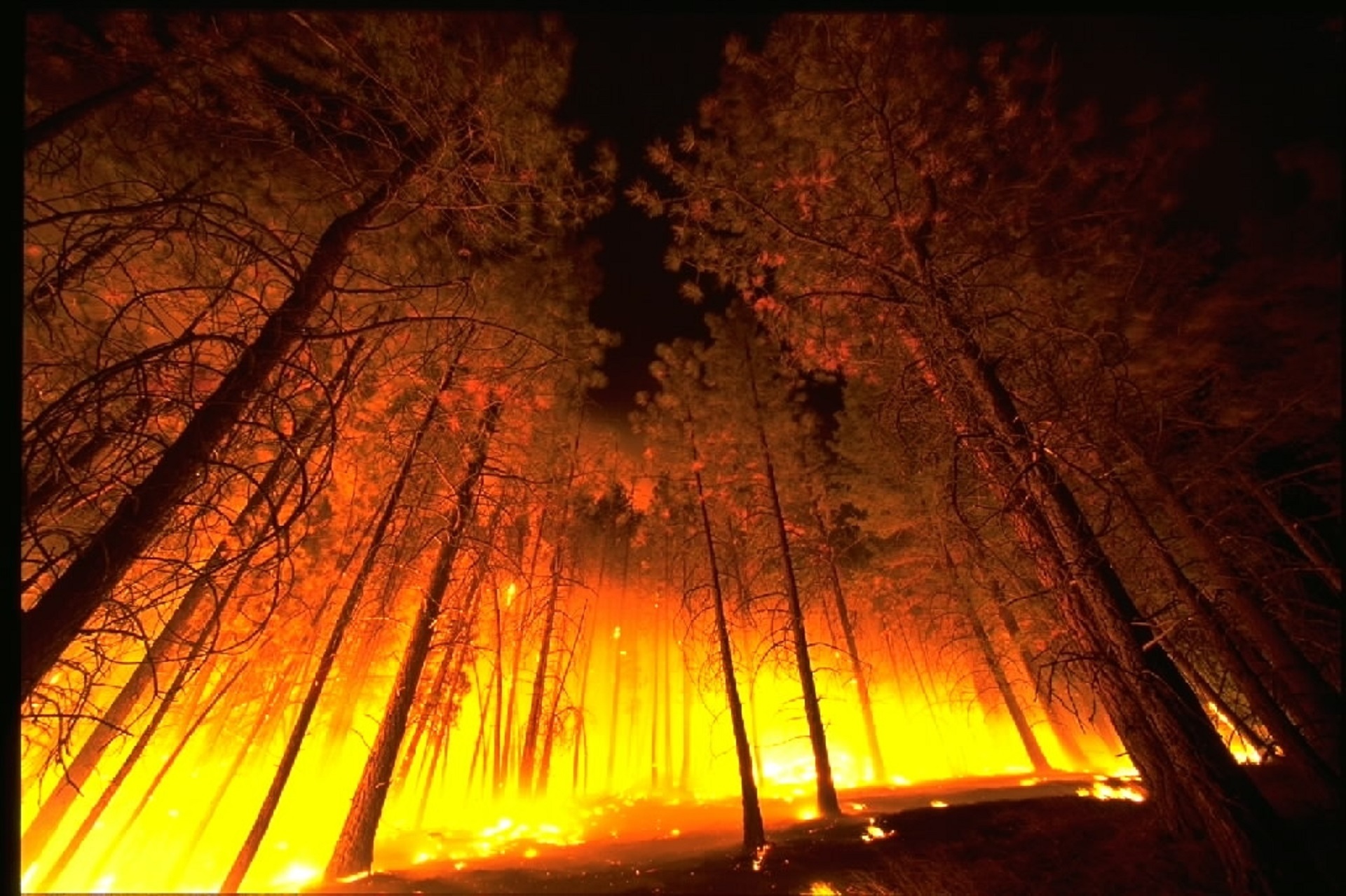By Derek Catron.
On the final day of the legislative session, Gov. Newsom signed a complex, $21 billion bill that will dramatically change how California pays for future wildfire damages, with the customers and shareholders of California’s largest utilities covering the tab.
The unprecedented measure, which drew wide support in the Legislature, seeks to stabilize the utility market and limit rate hikes, while establishing a blanket of financial security and compensation to victims of the devastating 2017-2018 fires.
It will establish the $21 billion Wildfire Insurance Fund by securing $10.5 billion from utility ratepayers through a 15-year extension of an existing monthly fee.
With fire season looming, the money already is coming in from the state’s three investor-owned utilities, or IOUs: On Thursday, Southern California Edison and Pacific Gas & Electric Company contributed to the new fund; San Diego Gas and Electric Company contributed earlier.
Mark Toney, executive director of The Utility Reform Network, said the bill “isn’t perfect, but it does limit rate hikes to what is necessary for wildfire safety and eliminates shareholder profits on those safety measures. There was no scenario in which customers could avoid all of the costs of the safety improvements that are required.”
Just days after Newsom siged the bill, a lawsuit was filed in federal court in San Franciscochallenging the new law and describing it as a bailout for utilities. The suit, filed by San Diego attorney Michael Aguirre, contends the law takes money from utility ratepayers without due process.
The wildfire measure, authored by Assemblymember Chris Holden, D-Pasadena, moved quickly through the Legislature and onto Newsom’s desk by July 11, following a decisive 63-8 vote in the Assembly. It was was signed into law the next day.
“I want to thank the Legislature for taking thoughtful and decisive action to move our state toward a safer, affordable and reliable energy future, provide certainty for wildfire victims and continue California’s progress toward meeting our clean energy goals,” Newsom said at the time.
It will establish the $21 billion Wildfire Insurance Fund by securing $10.5 billion from utility ratepayers through a 15-year extension of an existing monthly fee. The other half will be provided by the shareholders of the IOUs, which are regulated by California’s Public Utilities Commission.
Major IOU’s will also be required to spend a combined $5 billion on safety improvements.
“Only one in ten wildfires is started by utilities.” — Jim Wood, D-Santa Rosa.
PG&E, the largest IOU in the state, will be required to prove by the end of 2019 its ability to exit bankruptcy and pay its claims from the previous two years before being permitted access to the new fund.
Holden told lawmakers that his measure “will pave the way for unprecedented safety investments by the IOU’s without profits for the shareholders, force the IOU’s to be accountable for their wildlife safety record and performance – and protect customers and taxpayers from wholly baring the cost of these devastating wildfires.”
The bill has been hailed as a victory for the governor, although it has been criticized for not addressing causes of fires that are unrelated to utilities.
Legislators and the governor hope AB 1054 will alleviate some of the financial hardships stemming from the wildfires, but even lawmakers who for the fund say much work remains to be done – both in terms of damage mitigation and fire prevention.
“Only one in ten wildfires is started by utilities,” noted Assemblymember Jim Wood, D-Santa Rose, who voted in favor of the bill.
Some critics of the bill argue that it won’t do anything to diminish the effects of climate change on the state’s recent surge of catastrophic fires. Poor vegetation management, increased temperatures and low humidity have been widely acknowledged as critical contributing factors to the state’s combustibility. Those issues are not addressed by AB 1054, which focuses on symptom management rather than a cure.
Additionally, some lawmakers, like Assemblymember Marc Levine, D-San Rafael, are disappointed that IOUs aren’t being held to higher standards of accountability.
“It is hard not to see this bill as something of a reward for monstrous behavior,” he said about PG&E whose faulty electrical transmission lines were attributed to the Camp Fire last year – the deadliest in California state history, causing scores of causing at least 85 deaths and obliterating the town of Paradise in Butte County.
Newsom and his legislative allies have argued that the bill will ultimately cost electricity consumers less than inaction would, saying it is not intended to single-handedly solve all problems related to “catastrophic fires.”
“No one has ever said this bill is going to be the silver bullet or fix-all, but it does take us in dramatic leaps to where we can stabilize California,” Holden said.
[divider] [/divider]





